Conference participants celebrate a successful and inspiring time together on the last day in Guatemala.
From November 4th to November 7th, 2019, LitWorld Program Coordinator, Mariya Ohulchanska, was honored to attend the "Education in 2030: Preparing for the near future" conference held by the Strachan Foundation in Quetzaltenango, Guatemala.
The conference was hosted on the grounds of a local, privately-owned voluntary foundation, FUNDAP, seeking to promote the development of low-income areas in Guatemala, especially for those people who live in the rural areas of the highlands.
Gerson Gonzales from Un Mundo, Jhoanna Gomez from Museo Rayo, LitWorld’s Mariya and Gertrudis Mayorga from Fabretto enjoying last lunch together.
Invited to the 3-day-long event were 50 representatives from various education and social-action based organizations in Central America, including Costa Rica, Honduras, El Salvador, Guatemala, Nicaragua, and Panama.
LitWorld is a proud partner of three organizations that were present at the conference - Fabretto in Nicaragua, Un Mundo in Honduras and Museo Rayo from Colombia. This time spent together was a helpful way to connect with the Partnership Coordinators and mentors from these partner organizations and brainstorm ways to sustainably grow and support each other in the future.
The overarching topic of the seminar - the Fourth Industrial Revolution, is a theme that is unequivocally important to everyone living in today’s interconnected and quickly shrinking world. This revolution promises to fundamentally alter the way we live and work, connect with each other and educate our children. The way today’s parents, educators, and communities relate to these impending changes will define the future generation’s successes and failures and teach them how to operate in this changing world.
Participants saying goodbye
The Seminar not only provided excellent resources to learn about these changes and how we can best prepare for them but also facilitated conversations, where the participants could connect to each other and brainstorm problem solutions and new ideas. During the discussions, educators brought up issues of inter-connectivity, usage of technology and how we can best adapt to make education dynamic and accessible for all communities. The problems discussed were applicable to many contexts, from rural environments to urban communities, from classroom spaces meant for students with disabilities to workshops designed for single-mother households. Throughout the sessions, the seminar participants explored leadership and tactics to lead their teams to success during this time.
While none of these topics had easy (or fast!) answers, it was apparent that everyone was determined to continue learning and growing in order to serve their communities in the best way possible. According to Mariya: “It was a humbling experience to be working together with such a large group of like-minded, kind and inspiring individuals!”
To learn even more about the Fourth Industrial Revolution, check out “The Fourth Industrial Revolution: what it means, how to respond” by the World Economic Forum.



